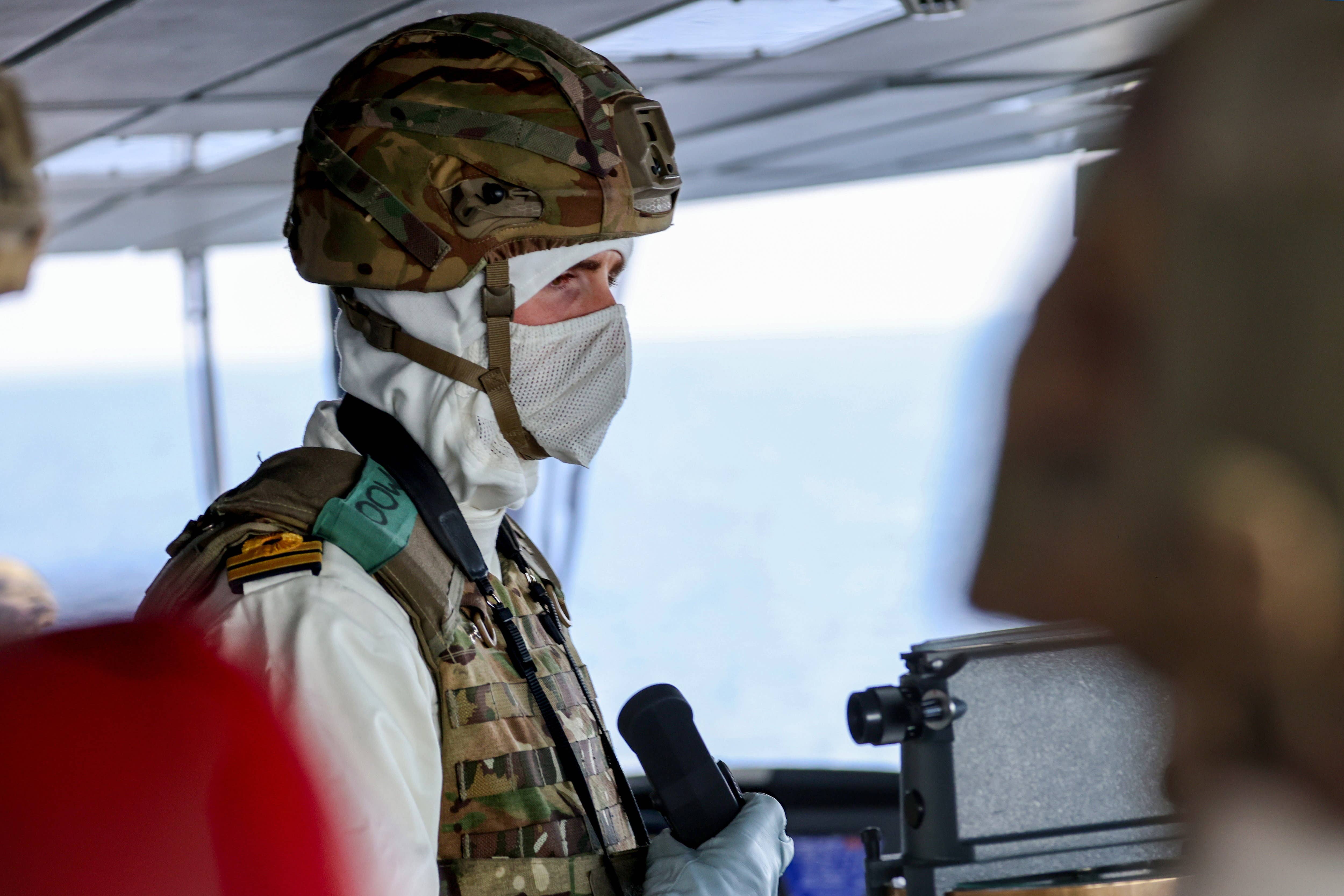Who are the Houthi rebels behind attacks on ships in Red Sea?
The Shia militant group is allied to Tehran and seeks to reduce western influence in the Middle East.

Your support helps us to tell the story
From reproductive rights to climate change to Big Tech, The Independent is on the ground when the story is developing. Whether it's investigating the financials of Elon Musk's pro-Trump PAC or producing our latest documentary, 'The A Word', which shines a light on the American women fighting for reproductive rights, we know how important it is to parse out the facts from the messaging.
At such a critical moment in US history, we need reporters on the ground. Your donation allows us to keep sending journalists to speak to both sides of the story.
The Independent is trusted by Americans across the entire political spectrum. And unlike many other quality news outlets, we choose not to lock Americans out of our reporting and analysis with paywalls. We believe quality journalism should be available to everyone, paid for by those who can afford it.
Your support makes all the difference.Tensions in the Middle East have risen after Iranian-backed Houthi rebels began striking at ships passing through the Red Sea.
On Thursday night the UK and US struck more than a dozen sites used by the rebel group in a massive retaliatory strike after a spate of 27 attacks on shipping since November.
The Islamist group claims it began striking a narrow strip of sea between Yemen and east Africa, which is a key international trade route, in a bid to end Israel’s air and ground offensive against Hamas.
The Shia militant group is allied to Tehran, as are Hamas and Hezbollah, and seeks to reduce western influence in the Middle East.
Its slogan includes the words “death to America”, “death to Israel” and “a curse upon the Jews”.
The group emerged in the 1990s and its supporters mainly come from the ranks of Zaidi Shia Muslims and the Houthi tribe.
It claimed former president Ali Abudllah Saleh had grown too close to Saudi Arabia and Israel, and tensions between them grew for several years.
The death of the group’s founder, Hussein al Houthi, at the hands of the Yemeni military led to the Houthi insurgency from 2004.
The group later participated in the 2011 Yemeni revolution.
The rebels rose to prominence after capturing Yemen’s capital Sana’a in 2014, sparking a civil war which is estimated to have killed almost 400,000 people.
They captured more territory after aligning with Mr Saleh in 2015 and now control much of western Yemen down to the Bab al Mandeb Strait, a 16-mile stretch of water which marks the entrance to the Red Sea.
The group’s takeover of the capital prompted Saudi Arabia to intervene in a bid to restore the internationally recognised government, which has a Sunni majority.
A Saudi and UAE bombing campaign against Houthi targets was launched in 2015 and drew criticism over civilian deaths, leading to calls for the UK to cease arms exports to Saudi Arabia.
Meanwhile, Tehran has been accused of providing arms, training and financial support to the Houthis.
The war has been viewed as a proxy in a wider conflict between Iran and Saudi Arabia as they both seek greater influence across the Middle East.
Tensions rose in 2017 after the group claimed responsibility for firing a missile at King Khalid International Airport in Riyadh, and they killed Mr Saleh later that year after he switched from supporting them to backing the Saudi-led coalition.
The rebels have attacked Saudi Arabia, the UAE and most recently Israel with missiles before the clashes in the Red Sea erupted.